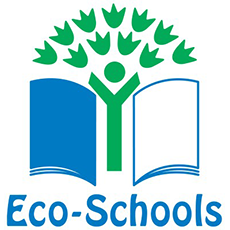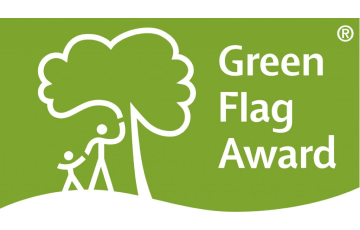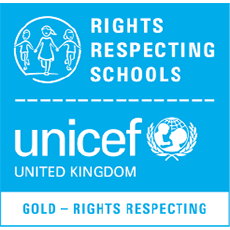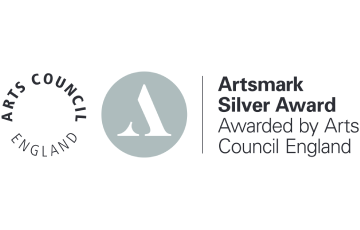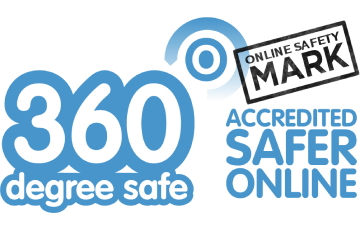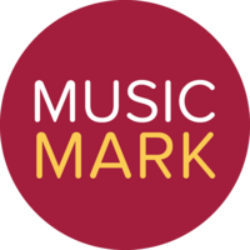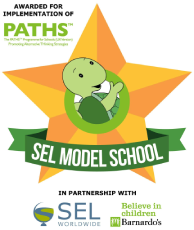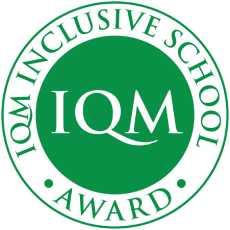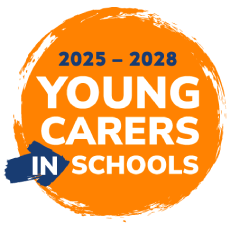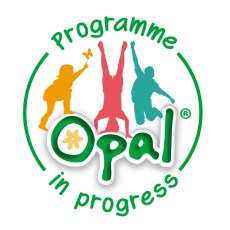- Home
- Classes
- All About Lyme
- Our School
- Vision and Values
- Prospectus
- Staff
- Breakfast and After School Club
- Corporate Social Responsibility
- Online Safety
- Pastoral Support
- Rights Respecting School
- School Holiday Dates
- School Meals
- School Opening Times
- SEN and Adaptive Teaching at Lyme
- Uniform
- Wrap Around Care at Lyme
- Young Carers
- Activities
- Extra Curricular Activities
- Academic Enrichment
- Forest School
- Easter Journey for Y5
- Send My Friend to School Campaign
- World Book Day 2019
- Lyme's Anti-Bullying Video
- Staying Safe Online!
- Extreme Reading
- HEALTH AND WELL-BEING WEEK 2019
- SPORTS DAY 2019
- ARTS WEEK 2019
- SCIENCE CLUB 2019
- SCIENCE WEEK 2019
- Learning Challenge Curriculum Exhibition
- Sports Relief 2018
- Social Enrichment
- Residentials and Trips
- School Money
- School Spider Parent App Guide
- Governors
- Curriculum
- Newsletters
- Parent Voice
- Pupil Leadership
- Safeguarding
- Statutory Information
- Pupil Voice
- Contact
History
“The more you know about the past, the better prepared you are for the
future.” Theodore Roosevelt
I am Miss. Evans and I am the History lead at Lyme Primary School. I have always been fascinated with the past and enjoy finding out new things.
History provides identity. The study of history enhances our judgement and decision-making. History provides us with examples of good and responsible citizenship. By studying history we can learn from other people's mistakes. History helps us to understand change and societal development. From the context of history, we may understand both ourselves and others.
I want the children of Lyme to be inspired to research events, they love thinking about people of the past, and especially enjoy all the bits that are gory, nasty or just plain mad! I want them to learn to challenge any misconceptions, achieve high standards and for all staff to nurture a love of history in our children.
A curriculum designed for Lyme Community Primary School
HISTORY – CURRICULUM INTENT
Purpose of study
Throughout their time at Lyme Community Primary School the purpose of the History curriculum we deliver is to stimulate the student's interest and understanding about the life of people who lived in the past. We teach students a sense of chronology and through this, they develop a sense of identity and a cultural understanding based on their historical heritage. Thus, they learn to value their own and other people's cultures in modern multi-cultural Britain. This links with our work around the Rights-Respecting Schools Award: developing Global Citizenship. We teach students to understand how events in the past have influenced our lives today; we also teach them to investigate these past events and, by so doing, to develop the skills of enquiry, analysis, interpretation and problem-solving.
Curriculum Planning
At Lyme Community Primary School, the context of our setting means that it important to immerse our students in a variety of historical experiences; they will have a wide range of stimuli to enhance their knowledge including historical workshops, visits from experts and use of artefacts. Each historical unit of work taught will encompass ‘WOW’ moments, such a visit from a ‘Viking’, a visit to Roman Chester and an Ancient Greek Day preceding an outcome to present their learning, such as a class museum, leaflet or class assembly. This is a valuable opportunity to develop the oracy skills of our children. We use quality-assured resources from the Historical Association to ensure coverage of knowledge and skills, including progression.
In Early Years, history should provide opportunities to expand the children's knowledge and understanding of events, people and changes in the past and develop children's interpretive skills. They will be encouraged to develop a sense of time by talking about significant events in their own lives, such as birthdays and religious celebrations and to differentiate between past and present through learning about objects from the past, for example toys. They will also develop a sense of time through learning about the past. History is explicitly taught in Reception as part of a focused session; in Nursery, knowledge and understanding of the world is developed through stories and child-initiated activities.
In line with the curriculum, historical learning in the Early Years is planned for coverage and progression however, child-led learning means that the focus of historical discussions will be personalised to the cohort of children.
In KS1 and KS2, each unit has a key learning question to support our children’s critical thinking and develop their oracy skills when articulating their answers. We ensure that subject-specific vocabulary is explicitly taught to broaden our children’s understanding and develop their bank of Tier 3 words.
In KS1, students are given the opportunity to develop an awareness of the past through investigating household artefacts from the past and comparing them with modern day objects; using this to compare ways of life in different time periods. They investigate the past through topics such as. ‘How has George Stephenson helped to make the world a better place?’ They learn through looking at key events, using a variety of sources to research and discussing key historical questions, for example, 'What good came out of the fire of London?'
In KS2, students are taught to describe key historical events within a specific time period using timelines within a period and across world history; using this knowledge to compare British, local and world history. This is planned to support OUR children by looking at aspects of life which the children have stated an interest in at the start of each unit of work –pre-learning. Through strong links with our English curriculum, our children are given the opportunities to use their reading, writing and speaking skills to devise historically valid questions such as ‘How do we know the Stone Age existed?’, investigating the answers and present their finding in different ways. For example, our local history unit gives the children the purpose of writing to others about the special features of their local area.
At Lyme, history knowledge and understanding is presented in a variety of ways using skills taught in English, mathematics, science, computing and art to develop more meaningful learning experiences. We believe children should be taught historical content through a variety of hands-on learning experiences to develop them as historians, for example handling artefacts, using primary and secondary sources, taking part in educational visits and having the opportunity to develop their knowledge of local history. The teaching of historical vocabulary is key for our children.
Assessment
In the Early Years, children are assessed against the EYFS age related criteria within the strand of Personal, Social and Emotional Development and Understanding of the World.
At KS1 & 2 we use the National Curriculum objective statements to monitor individual pupil progress against the key stage expectations. We will use low-stakes assessment activities, such as quizzes and retrieval activities to assess and build on children’s knowledge and understanding. Children complete a baseline and an end of unit assessment activity linked to the unit’s key learning question. This information is then used to inform curriculum planning outlining how additional support or challenge can be provided in order to meet the needs of our pupils. Formative and summative assessment evidence is used to make a judgement based on the child’s knowledge, understanding and application of their learning – measured by depth of understanding shown when answering the key learning question each half term. This is recorded on SIMS (see Summative Assessment and Feedback Policy). This information is also used by teachers when reporting to parents.
Useful Links
Horrible Histories - CBBC - BBC
Lyme Community Primary, Lyme St, Newton-le-Willows WA12 9HD


